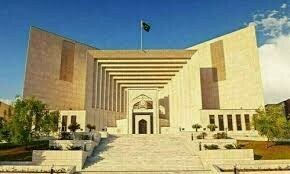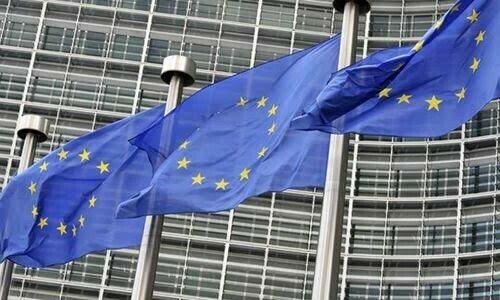THE IMF’s new forecast of a subdued economic growth rate of 1.5pc for Pakistan in the current fiscal represents an upgrade from its October estimate of 1pc. Still, it is consistent with the lender’s previous view of the economy in the Covid-19 landscape. The new projection is in line with the World Bank’s revised forecast of 1.3pc given in its Pakistan Development Update published simultaneously with the IMF’s World Economic Review.
Nonetheless, it falls shy of the government’s growth target of 2.1pc in addition to being far less optimistic than the State Bank’s latest recovery estimate of 3pc. Last year, the economy had contracted by 0.4pc during the pandemic. Their different figures for growth notwithstanding, SBP and IMF seem to have a similar outlook on other macroeconomic aspects: fiscal balance, inflation and current account deficit. The global lender also expects growth to pick up next year, projecting the economy to expand by 4pc, with inflation slowing down slightly and the current account deficit widening marginally. The medium-term outlook up to 2026 sees relatively steady economic expansion with a stable external sector but higher inflation.
The World Bank has drawn a slightly bleaker picture of the economy and the impact of the virus on people and jobs — “…economic activity is projected to be dampened in the short term by the fiscal consolidation measures associated with the resumption of the IMF stabilisation programme as the economy regains its footing”, it says. The bank expects economic growth to recover slowly given the uncertainties surrounding the pandemic, including the emergence of new strains. The World Bank also points to increased poverty, jobs and food insecurity owing to the impact of the virus on vulnerable segments of the population.
The recent changes in the top ranks of the government’s finance team show that the country’s political leadership is worried about slower recovery in a high-inflation environment. The reconstitution of the ‘advisory council’ and the inclusion of pro-growth businessmen and experts in it reflects a desire to change course from economic stabilisation to growth in order to lessen the devastating effects of the health crisis on the economy and job creation, and to find fiscal space to help vulnerable groups as the current wave threatens to derail the fragile recovery seen since last summer.
Prime Minister Imran Khan plans to approach the IMF for relaxation in its loan conditions as he sees disruptions in the near future on account of the infection’s resurgence. Indeed, the government is in a difficult position: it cannot grow the economy rapidly or help businesses if it has to implement harsh IMF stabilisation policies. Nor can it ditch the programme without sending wrong signals internationally. The only way out is to convince the Fund to soften its conditions for the remaining period of the loan to provide the government with room to pursue pro-growth strategies.
Published in Dawn, April 8th, 2021















































